Blog
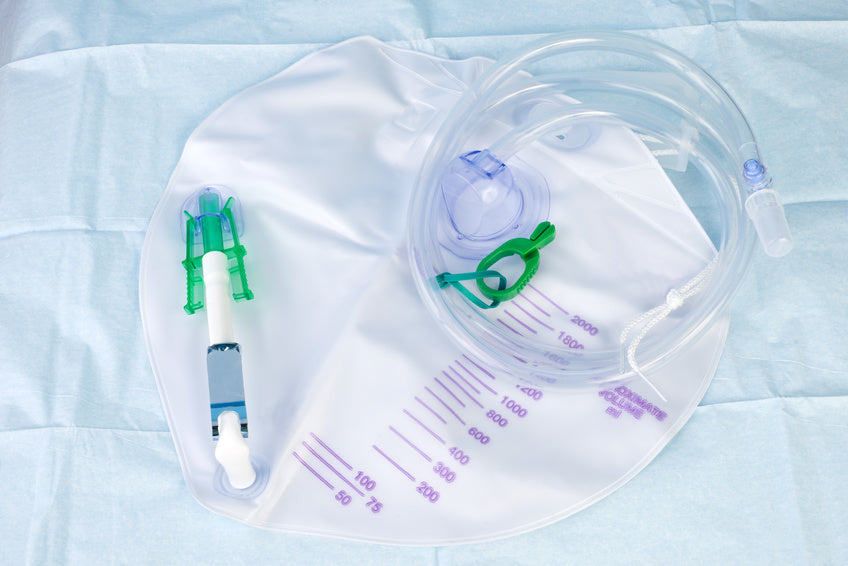
3 Surprising Ways To Save Money On Medical Supplies
As Americans, we spend an awful lot on healthcare. Even if you have excellent insurance coverage, you may end up spending quite a bit out of pocket for the equipment you need. In fact, the Centers for Medicare and Medicaid Services found that retail spending on durable medical equipment (which...
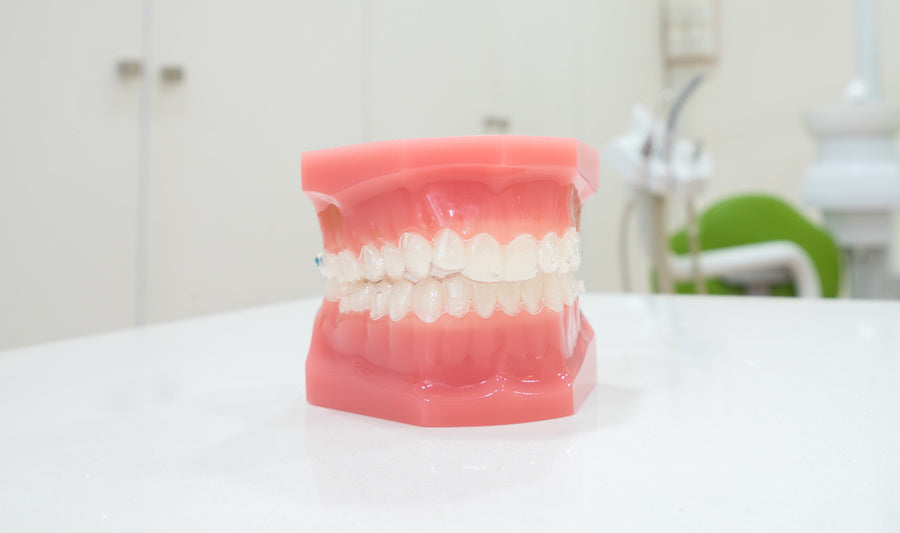
Denture Dilemmas: 3 Common Complaints And Their Solutions
Out-of-pocket spending on dental services already makes up 40% of all dental spending, and the amount we spend on these services increased by 1.8% from 2014 to 2015. If you're already spending a substantial amount on your oral health, you're probably on the lookout for affordable yet effective denture supplies....
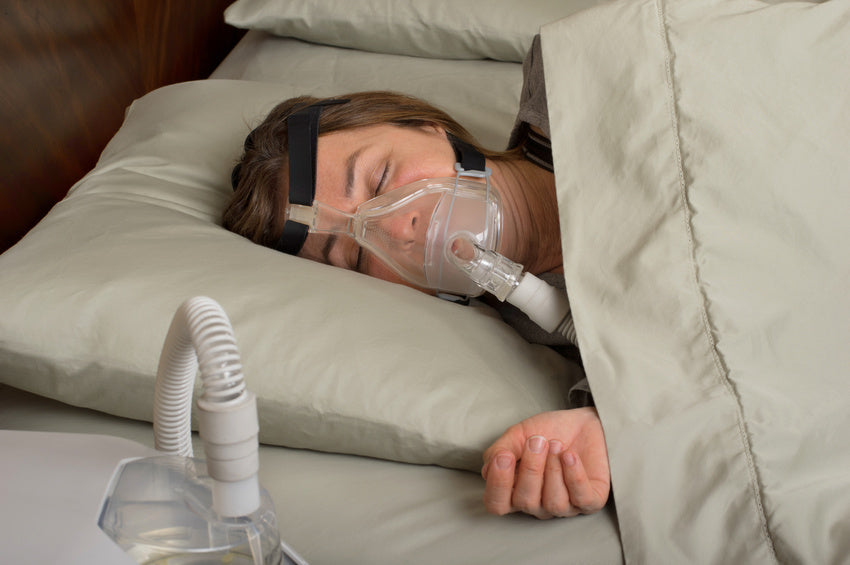
Do I Need A CPAP Machine? Questions To Ask Your Doctor
For those living with sleep apnea, seeking the right treatment is essential to your overall health. Continuous positive airway pressure therapy, or CPAP, is a common choice for many patients and with the recommendation of your doctor, you may also benefit from this technology. Fortunately, our medical supply store has...

4 Kinds Of Medical Supplies You Didn't Know You Could Buy Online
In the digital age, it's not surprising that people turn to the internet for almost everything. After all, you can buy virtually everything online. But while you might have already known you could buy catheters online from your medical supplier, there are probably other medical necessities you can purchase on...

3 Misconceptions About Buying Medical Supplies Online
The average lifespan keeps increasing, which means that the medical supply industry keeps growing. The world market for urinary incontinence care devices alone was estimated to be $1.8 billion in 2008. And in the digital age, most consumers like to shop in the most convenient way possible. Typically, that way...

3 Reasons You Should Be Buying Your Medical Supplies Online
Whether you need compression gear, catheters, or enema supplies, finding an online medical supplier can be a great way to get exactly what you need at an affordable price. But if you're wondering why a medical supply store online is better than going to a physical retailer, we've outlined a...
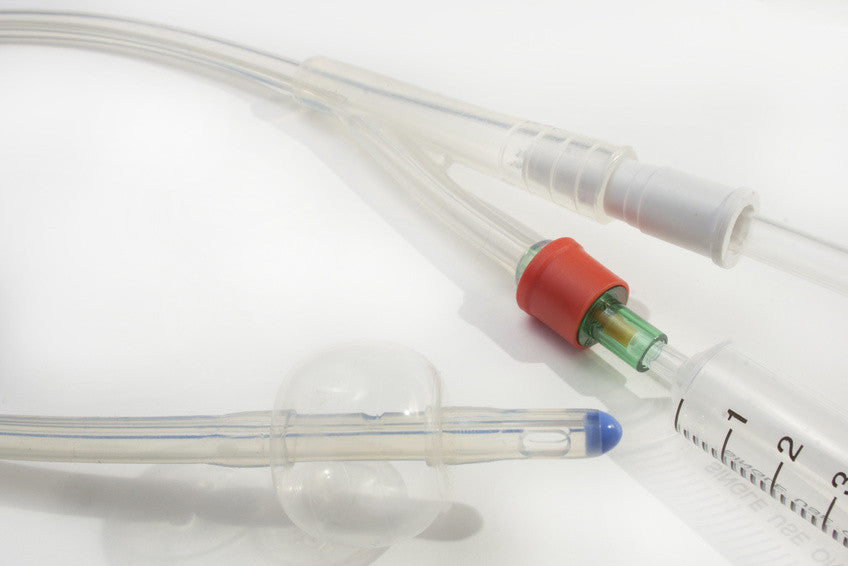
A Few Common Catheter Myths, Busted
No matter the reason why a catheter is used, there seem to be a lot of misconceptions floating around about these helpful devices. As with anything that people don't fully understand, there are bound to be some myths. To ease some of your anxiety, here are a few of the...
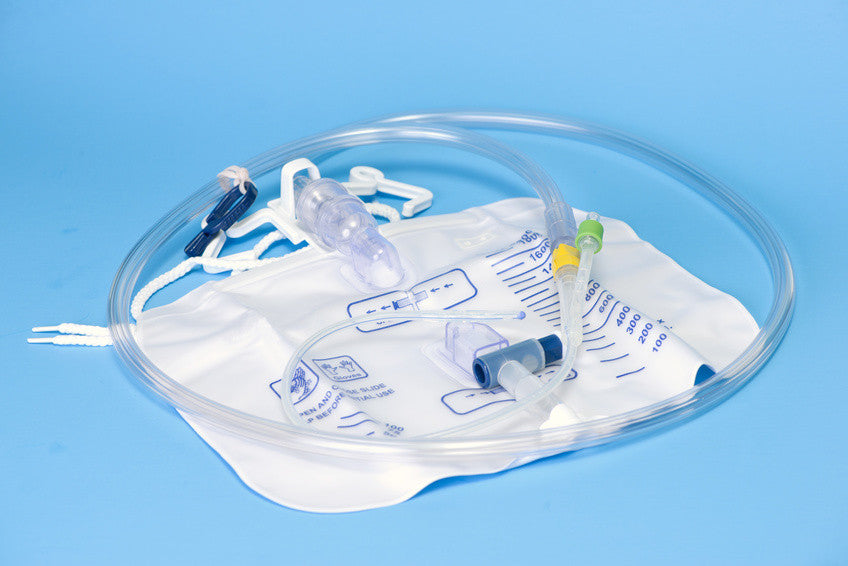
Catheter Blockages: Top Causes and Prevention Tips
Urinary catheters have been in use for centuries, and they're still quite common, especially during or after hospital stays or surgical procedures. Around 15-25% of all hospitalizations will require foley catheter placements to help urine pass through the bladder. While you may never experience any kind of problem with your...
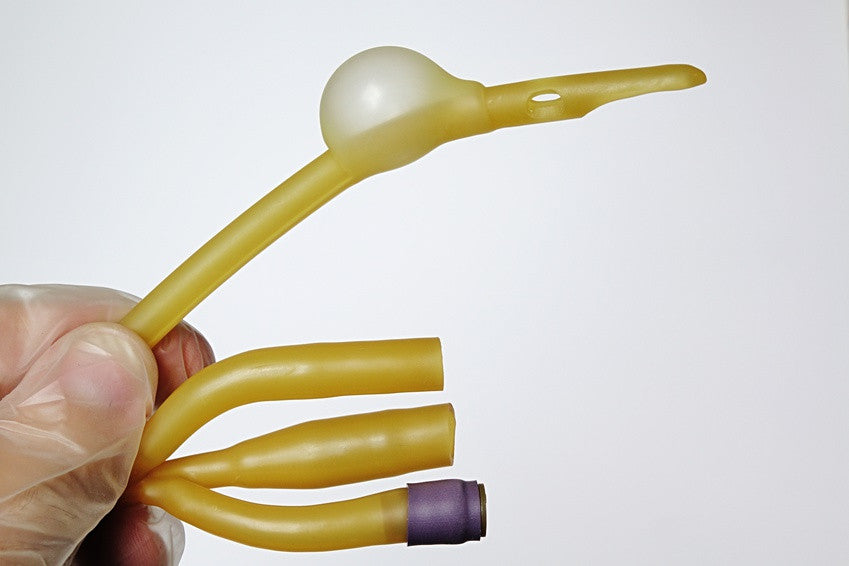
Can External Catheters Improve Your Quality of Life?
Let's be honest: Most men shiver at the mere mention of the word catheter, which may remind them of painful surgery or hospital stays.Yet not only is it quite common to have a catheter, but for men with urinary incontinence, this medical equipment can vastly improve quality of life. However,...
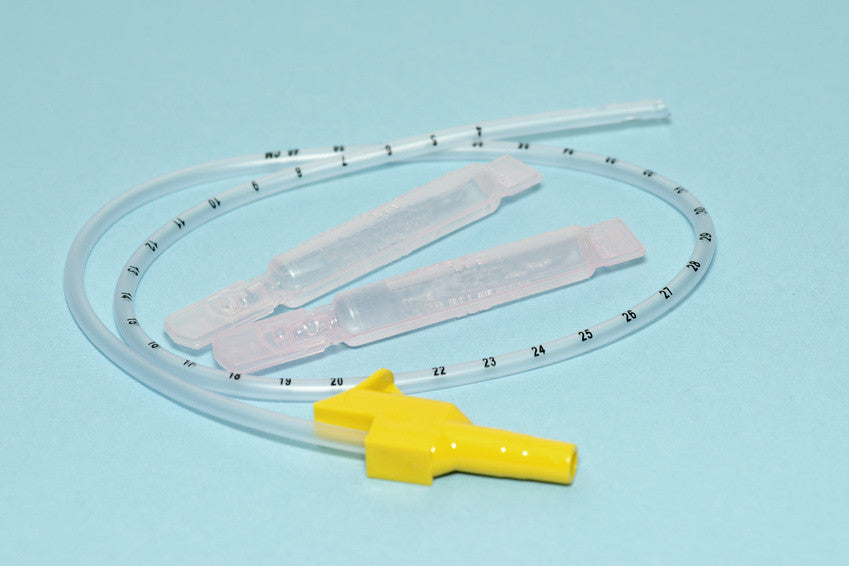
A Beginner's Guide to Urinary Catheter Bladders
Normally, the word balloon brings to mind the idea of birthday parties or childhood memories of chain restaurant waiting rooms. But for someone who relies on a catheter and other urological supplies to improve their quality of life, the word balloon can have a slightly different meaning.But for all the...
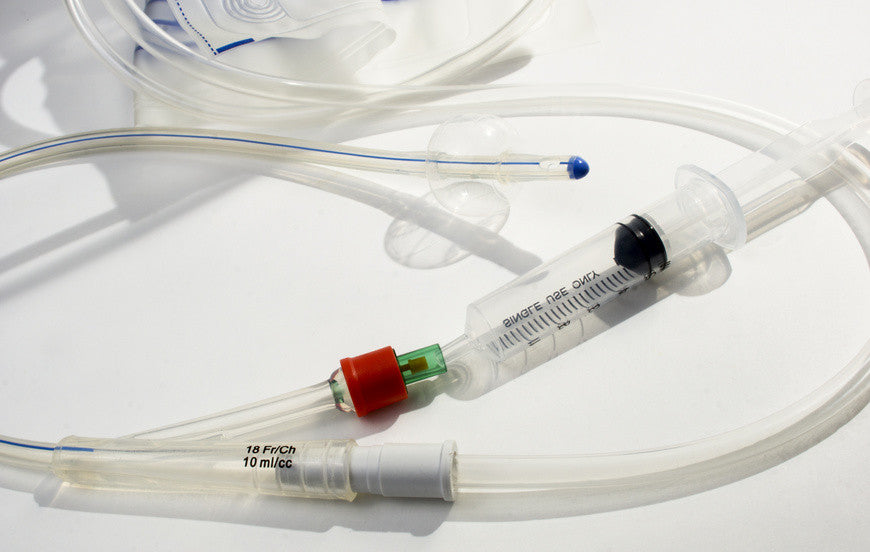
Urinary Drainage and Leg Bag Care: What You Need to Know
If you've recently gotten a urinary catheter, it may take a little while to adjust to going about your daily activities with this new addition. But while your catheter leg bag extension tubing may take some getting used to, it will undoubtedly improve your quality of life. That being said,...
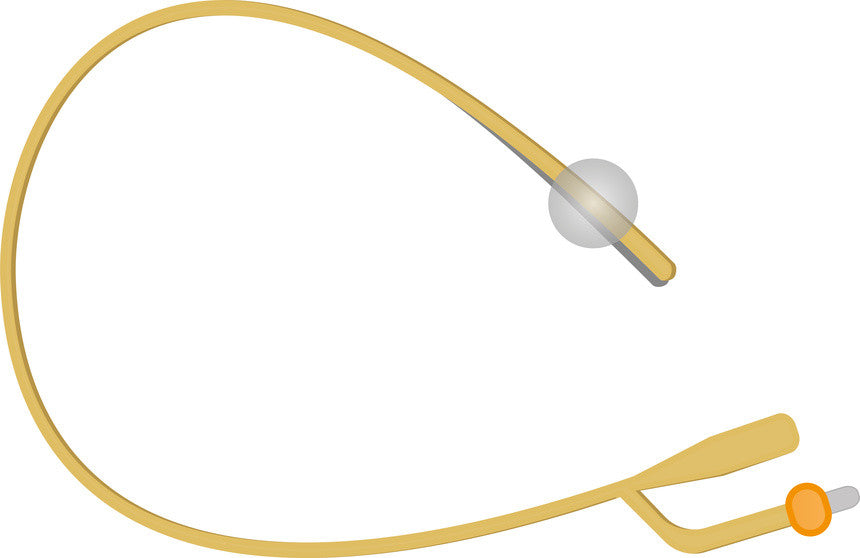
Tips For First-Time External Male Catheter Users
Urinary incontinence is a common condition, especially for seniors of a certain age. The likelihood of this condition increases as you get older: around 14% of individuals aged 65 to 69 have urinary incontinence, while 45% of those over age 85 do. For many men who experience incontinence, an external...



























































































